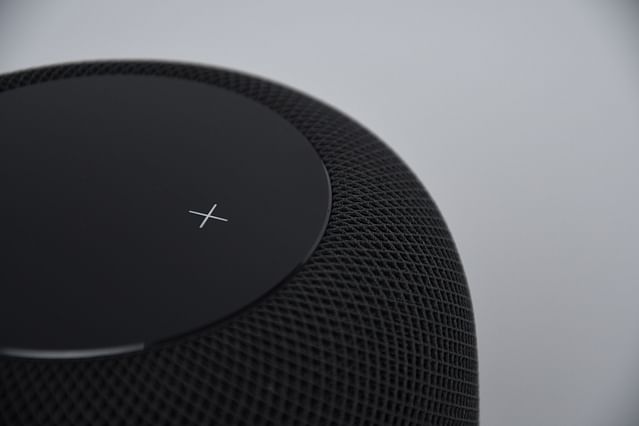
Transform Your Home into an Automatic House with Smart Home Technologies
Are you ready to upgrade your home and turn it into an automatic house with smart home technologies? Home automation has become increasingly popular in recent years, as more and more people are looking for ways to make their lives easier and more convenient. With the ability to control various aspects of your home from your smartphone or tablet, home automation has transformed the way we live our lives at home.
In this post, we will dive into the world of home automation and explore the benefits it can bring to your life. We will also take a look at the different options available for creating a fully automated house, so you can decide which one is right for you.
What is Home Automation?
Home automation is the integration of smart devices and technologies into a single system that can be controlled from a central hub, such as a smartphone or tablet. These devices can be anything from smart light bulbs and thermostats, to security systems and entertainment systems.
The goal of home automation is to make your home more efficient, convenient, and comfortable. By automating various aspects of your home, you can save time, reduce energy consumption, and improve your overall quality of life.
Benefits of Home Automation
There are numerous benefits to automating your home. Here are just a few:
Increased Convenience and Efficiency
With home automation, you can control various aspects of your home from a single device, making it easier and more convenient to manage your home. For example, you can turn off all the lights in your home with the click of a button, rather than going room by room to manually turn them off.
Energy Savings
Home automation can help you save on your energy bills by automatically adjusting your thermostat and lighting based on your preferences and habits. For example, you can set your thermostat to automatically adjust to a lower temperature when you leave for work in the morning, and turn on the lights in your home only when you are in the room.
Improved Security
Home automation can also enhance the security of your home, by allowing you to monitor your home remotely and receive notifications if anything out of the ordinary happens. For example, you can receive a notification if your security system detects motion in your home while you are away.
Creating an Automatic House
There are different options for creating a fully automated house, depending on your needs and budget. Here are a few options to consider:
Smart Hubs
A smart hub is a central device that connects all of your smart devices and provides a single interface for controlling them. Some of the most popular smart hubs include the Amazon Echo, Google Home, and Apple HomeKit.
Smart Lights
Smart light bulbs can be controlled with your smartphone, and can be adjusted for color and brightness. They can also be set to turn on and off at specific times, or in response to motion sensors.
Smart Thermostats
A smart thermostat can be controlled with your smartphone, and can automatically adjust your home's temperature based on your preferences and habits. Some of the most popular smart thermostats include Nest and Ecobee.
Smart Security Systems
A smart security system can include smart cameras, door locks, and alarm systems that can be controlled with your smartphone. Some popular options include Ring and Nest.
Conclusion
In conclusion, home automation offers a wealth of benefits that can improve your quality of life and make your home more efficient and convenient. By investing in smart home technologies, you can transform your home into a fully automated house that is both comfortable and secure. So why wait? Start exploring the world of home automation today, and discover how it can help you live a more connected and efficient life.
Posted on: Feb 24, 2023 Last updated at: May 4, 2023